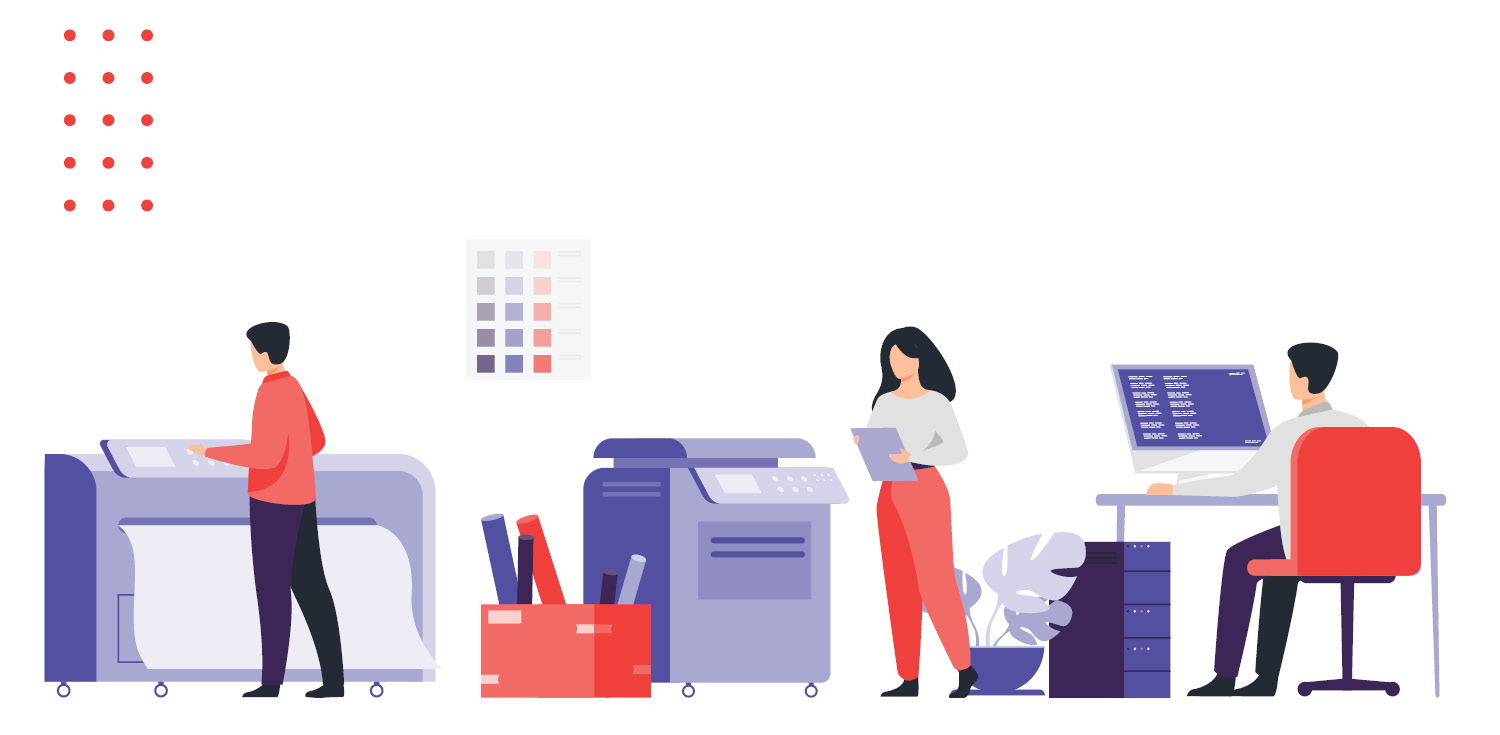Much of our idioms and phrases come from unexpected places.
Much of our idioms and phrases come from unexpected places, even evolving into completely different meanings from the original word or phrase. TBD Digital started out as a printing business, so we have a particular fondness for phrases that derived from print. Here are 6 of our favourites!
1. Out of sorts
The current meaning for being ‘out of sorts’ carries negative connotations and refers to being unwell or unlike yourself. Originally, ‘out of sorts’ was used in reference to the lead type that printers used. The pieces of type were called sorts and stored indiviually in compartments. If they ran out or put in the wrong compartments, then the printer would be ‘out of sorts’.
2. Cut and paste
This one is a little more obvious as we still use this turn of phrase in a similar way, only now it is digitally. The term ‘cut and paste’ began when manuscripts were physically edited by cutting out paragraphs or words from a page, ‘pasting’ them into another place. This was standard until around the ‘80s. You could even buy specialist editing scissors with blades long enough to cut whole pages.
3. Mind your p’s and q’s
Our keyboards have our p’s and q’s on opposite ends, but printers used the alphabet structure for their type, putting q and p together. The origin of minding your p’s and q’s comes from mix ups that would occur due to these letters looking very similar when placed close together, particularly in lower case!
4. Stereotype
Stereotypes were solid plates of immovable type for an original print piece. It generally warranted a large production rather than just a small amount of text as typesetting was a tedious job. From there the word gradually meant to mean something that was fixed and unchangeable and developed to what we recognise the word to mean now. Funnily enough, typecast a synonym of stereotype nowadays also comes from print terminology.
5. Hot off the press
What now means something brand new, or something created recently used to refer to newspapers, and specifically the type of printing called 'hot metal printing’. A hot metal printing process involves molten lead being cast into a mould to form the block of type used for the printing. It also at some point started to allude to news that is shocking or thrilling as ‘hot news’.
6. Make a good impression
Making a good impression is something that can help everyone whether it’s meeting the parents or in a job interview. Previously, making a good impression would be a far more literal phrase to a printer. It was used as a reminder to make sure the printing blocks left a good impression on the paper. When the ink sunk in, you ended up with a good print.
So, there you have it, just some of the many common phrases that have developed from print. Isn’t it fascinating that many of the silly things that we say to each other have complex histories and former meanings?





